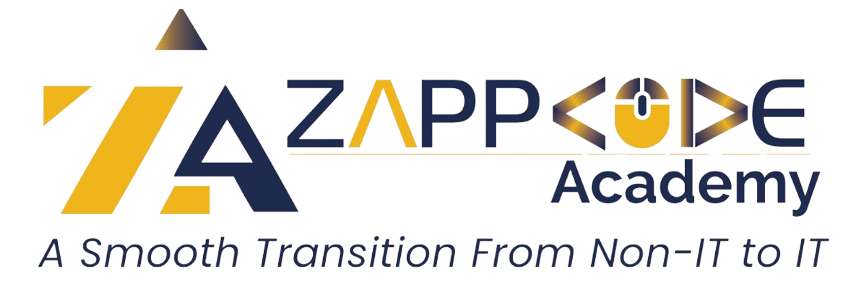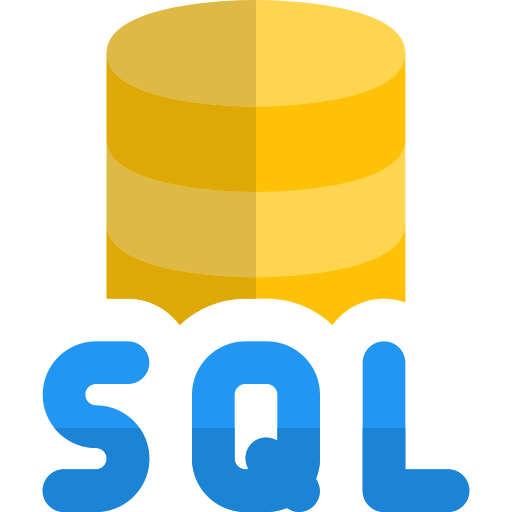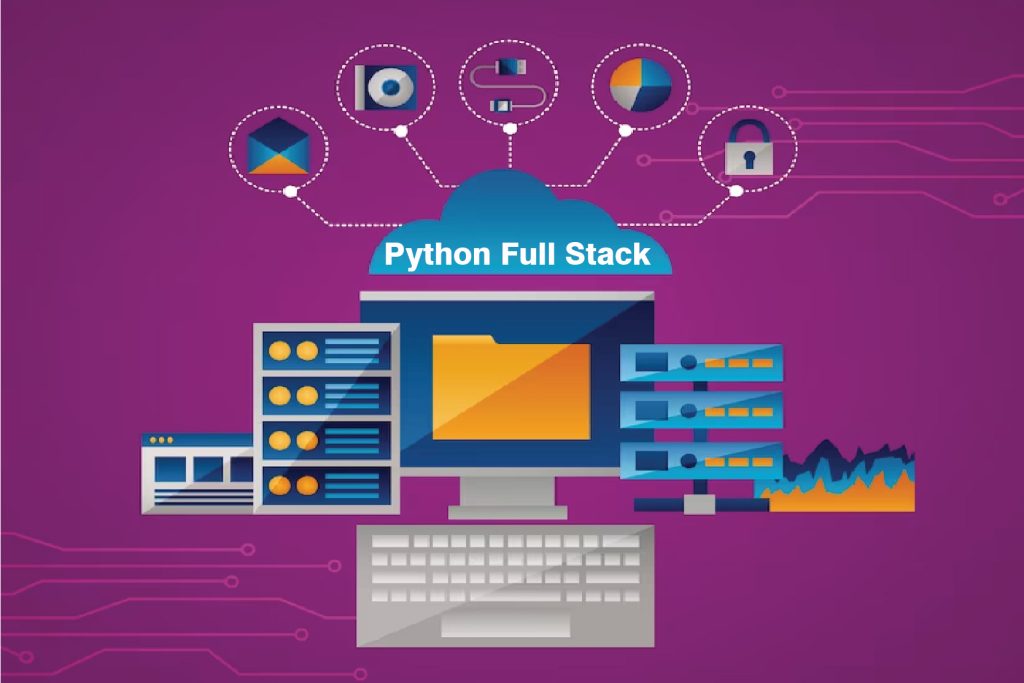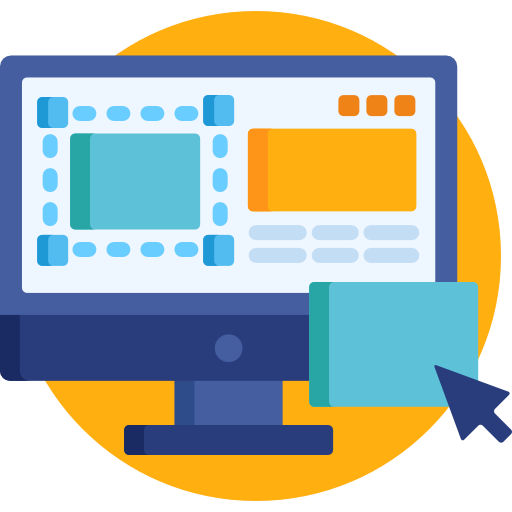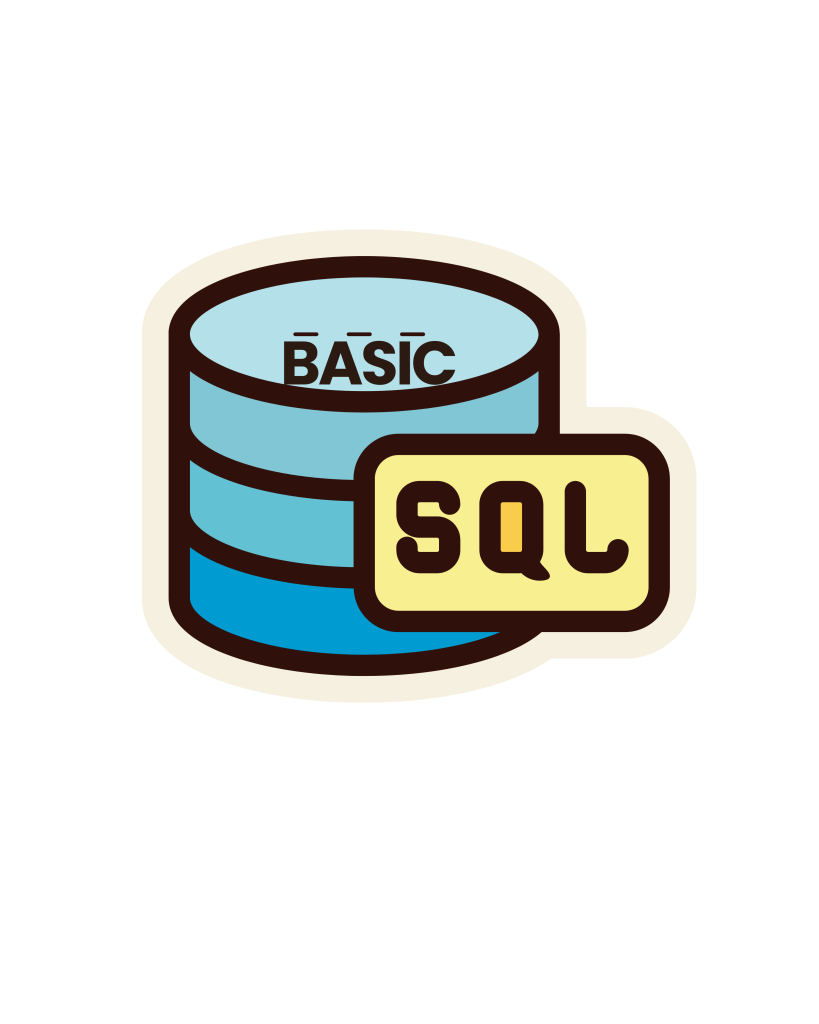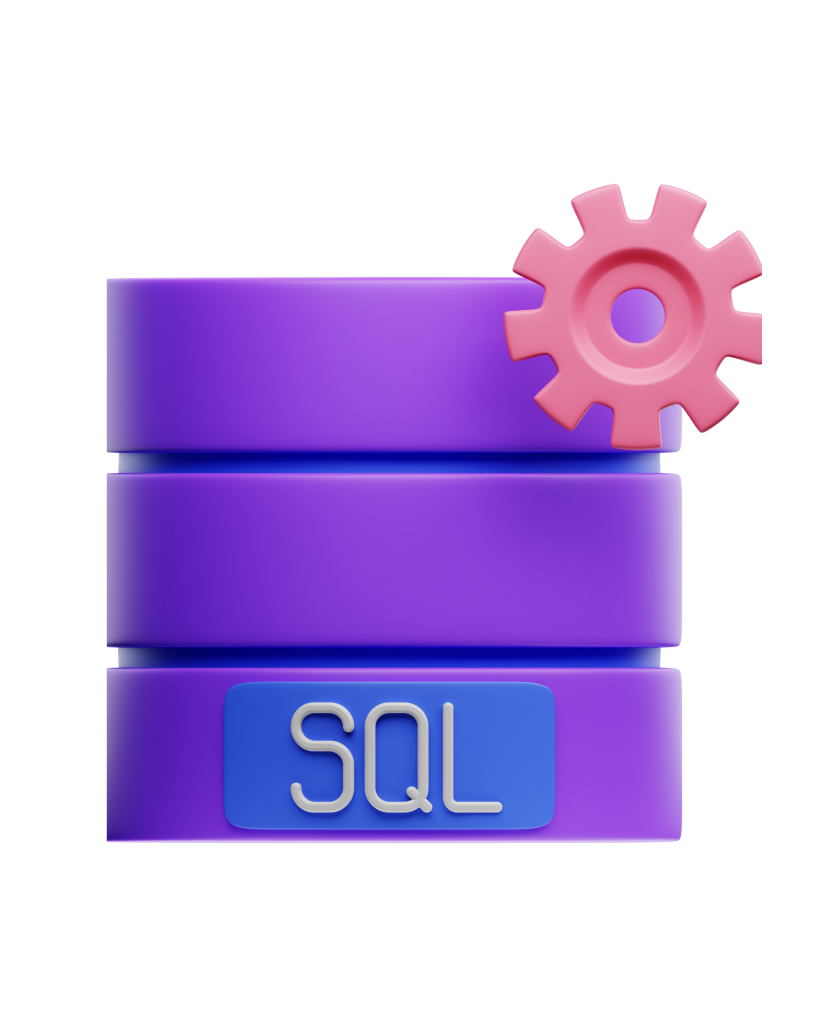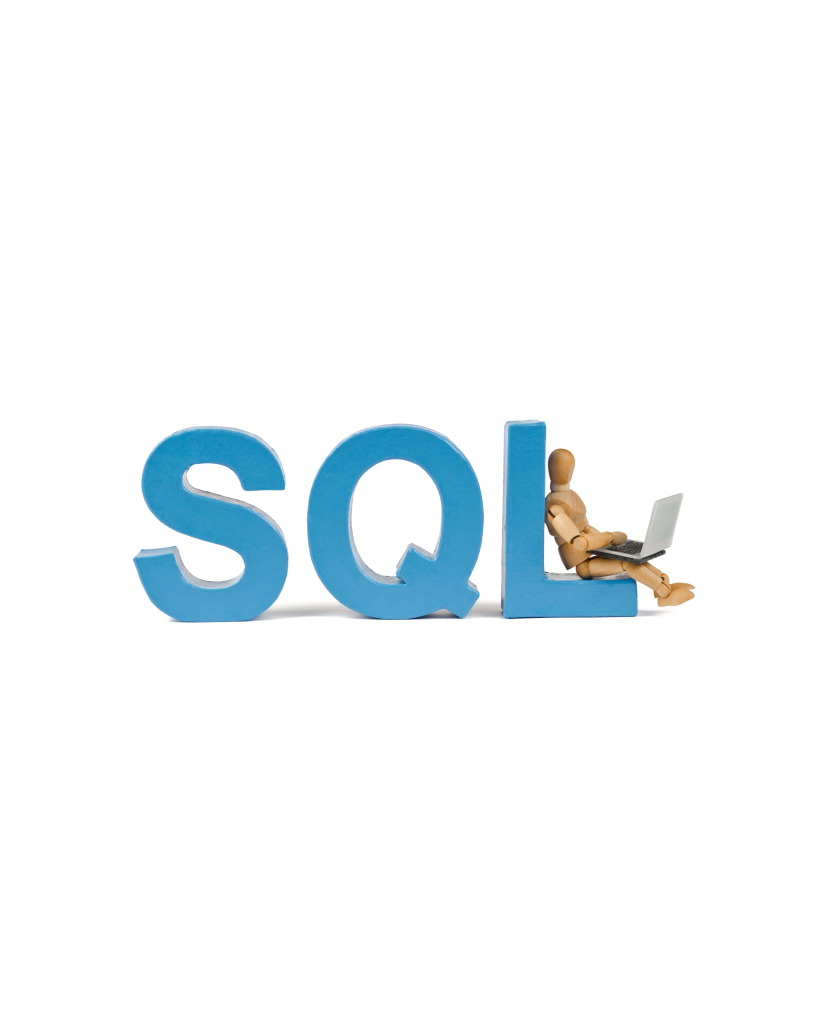Enroll Now
Core Python Course
Core Python course builds a solid foundation in Python programming.
Learn syntax, data handling, and problem-solving skills required for software development.
- Beginner-friendly course with hands-on practice
- Ideal for students, freshers, and working professionals
Download
Core Python Course

Core Python Programming
Gain proficiency in Python fundamentals and core programming concepts.Build a strong foundation in syntax, logic, and problem-solving for real-world applications.
16 Weeks
Download

Core Python With OOP Concepts
Learn Object-Oriented Programming using Python. Understand classes, objects, inheritance, polymorphism, and real-world coding practices.
16 Weeks
Download

Core Python With Data Structures
Master data handling using Python data structures. Learn lists, tuples, dictionaries, sets, and efficient data manipulation techniques.
16 Weeks
Download

Core Python With File Handling
Understand how to work with files and data storage. Learn file operations, exception handling, and data processing using Python.
16 Weeks
Download

Core Python With Automation Basics
Automate tasks using Python scripting. Learn loops, functions, libraries, and basic automation for daily workflows.
16 Weeks
Download

Our Courses are Accredited
Best-in-class content by leading faculty and industry leaders in the form of cases and projects, assignments and live sessions
Start Learning For Free
Begin your journey with our free courses, a perfect starting point before the full data science programs.

Learn Basic Python Programming
Solve coding questions based on Lists, Strings and other data structures like tuples, sets and dictionary to improve your problem solving abilities with Python
5 Hours
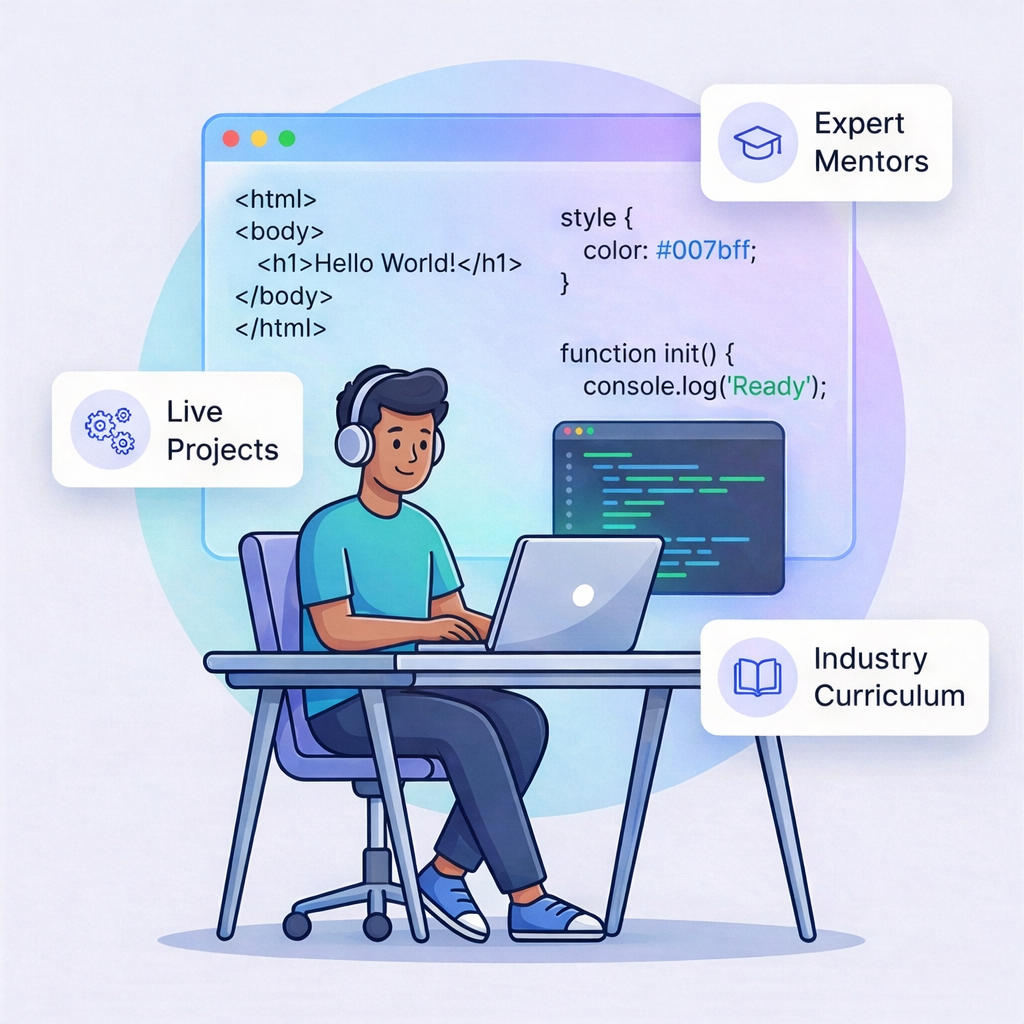
Start Your IT Career with Zappcode Academy

Introduction to Tableau
Learn how you can transform data into actionable insights by conducting data analysis and visualise it using various chart types in Tableau
8 Hours

Start Your IT Career with Zappcode Academy

Introduction to Natural Language Processing
Uncover the basics of NLP and other topics like RegEx for building tools for Spam Detection, Phonetic Hashing and Spell Correction in this introductory course
11 Hours

Start Your IT Career with Zappcode Academy
Overview
Starting out in programming? Our Core Python course in Nagpur is a great place to begin. We cover the basics of Python, including variables, data types like integers and strings, and operators for calculations. You’ll also learn how to use conditional statements to make decisions and loops to automate repetitive tasks.
The course emphasizes practical skills, so you’ll get hands-on experience applying what you learn to real-world problems. With a focus on building effective and functional applications, you’ll gain the confidence and knowledge to start your programming journey on the right foot. Join us in Nagpur and start mastering Python today!
If you’re ready to dive into programming, exploring Python can be a great starting point. Our Core Python course in Nagpur offer a valuable opportunity to build a solid foundation. Whether you prefer a classroom setting with direct interaction or an online course that fits your budget and schedule, you’ll find a variety of options to match your needs.
In our Python Course in Nagpur, you’ll be guided by experienced instructors who break down the core principles of Python in a way that’s easy to understand. They’re there to answer your questions and help you tackle any tricky parts of the language. The course is designed to be flexible, so you can learn at your own pace and in a way that works best for you.
But it’s not just about learning the basics. These courses also prepare you for advanced areas like web development, data science, machine learning, and automation. With Python’s versatile capabilities, you’ll be equipped to explore various fields and open doors to many opportunities in programming. Starting with a Core Python course in Nagpur is an excellent way to kick off your coding journey and build skills that will serve you well throughout your career.
Highlights of Zappcode Academy
Limited Students Batch
Personalised Attention
Highly Qualified Teachers
Flexible Batch Timings
Interactive Learning
Live Projects
Career Support
Job Oriented Training
Why Core Python in Zappcode Academy?
Solid Foundation
Build a rock-solid understanding of Python syntax, data structures, and control flow with Zappcode’s Core Python course in Nagpur. This sets you up for success in advanced topics and diverse programming domains.
Interactive Learning
Zappcode’s Core Python course in Nagpur go beyond lectures. Their interactive learning environment fosters active participation, making the process engaging and effective.
Experienced Instructors
Gain knowledge from Zappcode’s experienced instructors. They can guide you through their Core Python course in Nagpur, address your questions, and provide valuable insights.
Project-Based Learning
Solidify your skills through practical application. Zappcode incorporates project-based learning into their Core Python course in Nagpur, allowing you to apply your knowledge to real-world scenarios.
Get 100% Job Assistance By Enrolling In Our Certified Core Python Course
Job Assistance
30+ Companies Tie-ups
Enroll Now
Core Python Course Curriculam
Our Curriculum Program Covers Basic To Advance Level Content on Core Python
- Install Python and set up the environment
- Python syntax, keywords, and basic data types (Numbers & Strings)
- Variables & Identifiers
- Operators & input() and print() functions
- Formatting strings
- Mini Projects Week 1
- Practice Sets Week 1
- Conditional Statements
- Loops
- Loop control statements (break, continue, pass)
- Basic and nested list comprehensions
- Mini Projects Week 2
- Practice Sets Week 2
- Lists
- Tuples
- Dictionaries
- Sets
- Nested List & Dictionaries
- Mini Projects Week 3
- Practice Sets Week 3
- Defining and calling functions
- Parameters, arguments, and return values
- Lambda functions
- *args and **kwargs
- Importing and using modules
- Creating and using packages
- Mini Projects Week 4
- Practice Sets Week 4
- Reading from and writing to files
- Working with file objects
- Handling exceptions with try, except, finally
- Custom exceptions
- Mini Projects Week 5
- Practice Sets Week 5
- Defining classes and creating objects
- Instance/Class variables and methods
- Inheritance and polymorphism
- Encapsulation & Abstraction
- Special Methods – __init__, __str__, __repr__, and other magic methods
- Mini Projects Week 6
- Practice Sets Week 6
- Function decorators and class decorators
- Creating and using iterators
- Generator functions and expressions
- Using the re module for pattern matching
- Common regex patterns
- Mini Projects Week 7
- Practice Set Week 7
- Introduction to Git
- Basic Git Workflow
- Branching and Merging
- Remote Repositories with GitHub
- Collaboration on GitHub
- Forking and Pull Requests
- Mini Projects Week 8
ENQUIRY FOR Core Python COURSE FEES
Enroll Now
Frequently Asked Questions
In basic Python, we first learn the basics such as variables, types of data (numbers, text, lists), arithmetic and comparison operators, and decision-making with conditional statements. The other core concepts include loops(repetition) and functions(reusable code blocks).
No, it’s not necessarily required. The main goal of Core Python is to be easily understandable for learners of the language. Even though a minimal knowledge of computers and thinking critically will serve as an advantage.
Core Python which is the pillar of many other programming domains. It allows you to work in web development, data analysis, scripting automation, and possibly machine learning if you put in enough effort.
The internet for its part has several online tutorials, interactive platforms, and even classroom-based classes offered by education institutes. There are many sources for different learning styles and affordability.
Sometimes depends on your prior experience and the effort you are going to devote. Due to focused studies, you will be in the position to learn the Core Python’s fundamentals within a few weeks to a few months.
